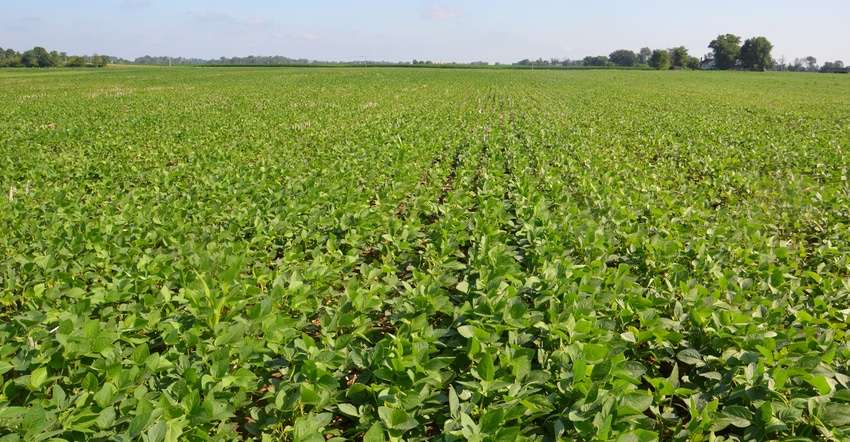June 29, 2020

We’ve paid $250 cash rent for the past three years. Based on budgets for 2021, we can’t afford it next year. What documentation will convince the landowner that we need a significantly lower rent? What is reasonable?
The Profit Planners panel includes David Erickson, farmer, Altona, Ill.; Mark Evans, Purdue University Extension, Putnam County, Ind.; Jim Luzar, landowner and retired Extension educator, Greencastle, Ind.; and Steve Myers, farm manager, Busey Ag Resources, LeRoy, Ill.
Erickson: I can’t tell you what the right rent is for this farm with the limited information provided, but I think it’s wise to do your homework early. Make sure information you use for decision-making is from this farm. Prepare a profit analysis worksheet using yield and accrual income and expenses from this farm, and then compare it to other farms you rent. See how it looks.
Budgeting is a great tool for preparation, but profit analysis is the real proof. Poor marketing isn’t the fault of the landowner, so review market prices compared to national price averages, and don’t forget about significant government price supports.
Evans: Good job recognizing a problem rather than being attached to a parcel to continue cash-renting at a loss, and then covering it elsewhere where you’re more profitable. Always consider the personality of your landlord, and don’t present a one-size-fits-all solution.
Presenting your budget would be very appropriate. Have discussions about what costs you could cut and not experience substantial impact to yield. Discuss reducing rent and incorporating flex-lease language. If yield and/or commodity prices are good, the landlord would get a bigger benefit, perhaps better than $250. The key is starting discussion early. Give time for the landlord to digest and consider.
Luzar: The fact that the rent level hasn’t changed in three years suggests a “significant” lowering of rent may be a challenge. Your landlord will need to hear how crop prices have trended down, and price outlook for 2021 isn’t covering costs. Keep the discussion focused on projected profitability, and provide the landlord with a couple of ways you’ve addressed costs other than rent.
Summarize your financial outlook for the farm, and avoid too many details. Preface the discussion with your appreciation for farming the land, and inquire if there are any items of concern.
I doubt you can reduce rent enough to cover all costs for 2021. See if you can cover some labor and machinery with lower rent. How strategic is this parcel to your operation? How much will it cost to farm the land in 2021 in hopes of recovery in 2022?
Practice your conversation. Ask the landlord what he or she thinks. A good relationship between tenant and landlord is grounded in trust and communication.
Myers: A reasonable offer for you, the farmer, is based on what margin, or profit, you deem acceptable based on your estimates for what is known at the time of lease signing. That net return acceptability level is different for every grower. To literally show landowners “the math” that goes along with your offer is critical. I suggest using three years of actual yields, current 2021 harvest prices and actual input costs per acre, including machinery, on a per-acre basis to illustrate what your “take home” is at your offered rental rate.
Remember, this is a one-year arrangement. Should brighter times, or tougher times, be encountered, flexibility is key.
You May Also Like




